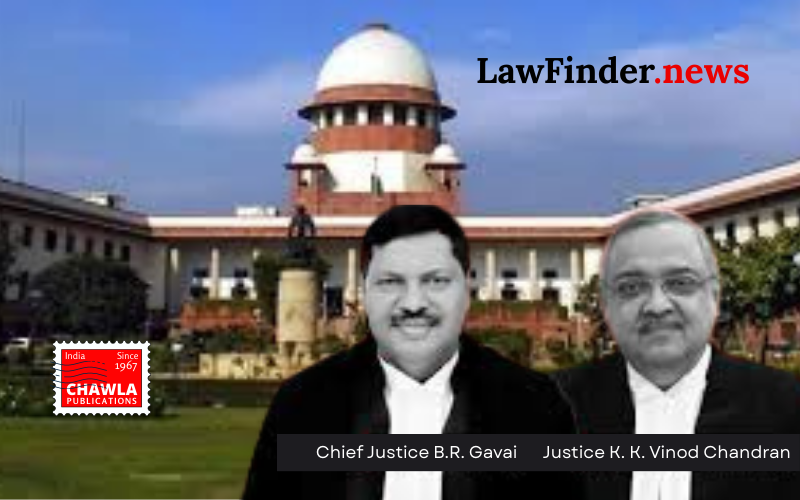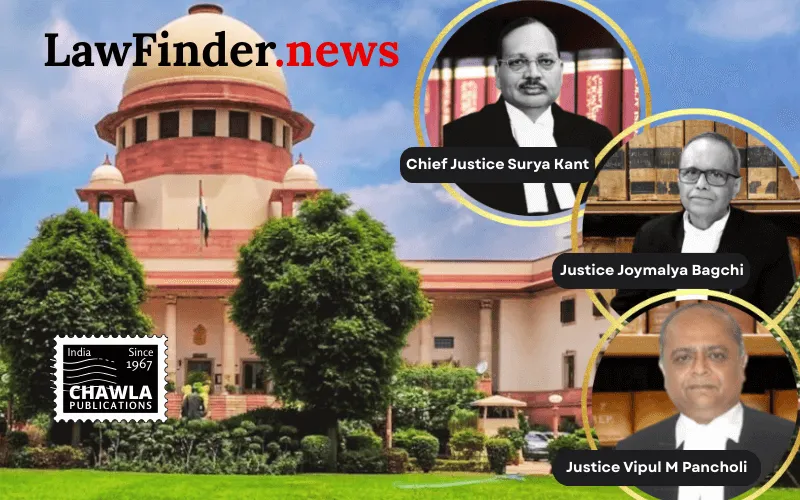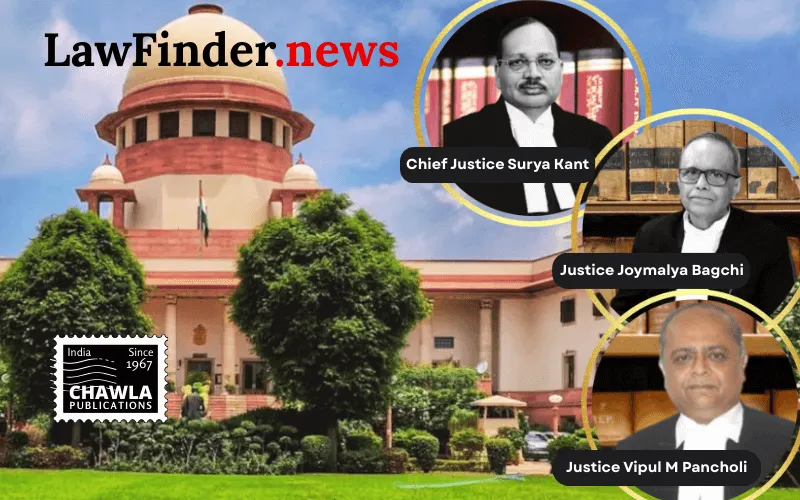Supreme Court Rejects Clubbing of FIRs Across States in Multi-State Fraud Case. Court Grants Temporary Bail to Petitioners, Highlights Practical Challenges in Clubbing FIRs
In a significant ruling, the Supreme Court of India has dismissed the plea for clubbing FIRs filed in multiple states regarding the same cause of action in the case of Odela Satyam v. State of Telangana. The judgment, delivered by a bench comprising Chief Justice B.R. Gavai and Justice K. Vinod Chandran, emphasized the impracticality of clubbing FIRs across states due to distinct facts and state-specific laws.
The petitioners sought consolidation of FIRs lodged in various states against a firm accused of financial fraud, arguing that the modus operandi was consistent across different jurisdictions. However, the court highlighted that although the allegation was similar, the essential facts and legal ramifications varied, thus necessitating separate investigations.
The court invoked Article 142 of the Constitution, stating that such powers are exercised only in exceptional cases and with state consent. It clarified that relief granted in prior cases does not establish a general precedent for clubbing FIRs in all situations. The judgment also referenced Section 242 of the Bharatiya Nagarik Suraksha Sanhita, 2023, noting its limited applicability to specific circumstances and not overriding practical considerations for clubbing FIRs across states.
While rejecting the clubbing of FIRs from different states, the court did permit consolidation of FIRs within the same state where feasible. In Telangana, the FIR registered in Madhapur, Cyberabad will be transferred to the Economic Offences Wing, Cyberabad. Similarly, in Maharashtra, FIR 210 of 2025 registered in Wagle Estate, Thane City will be transferred to Ambazari, Nagpur City.
In a relief to the petitioners, the court granted temporary bail to those under arrest, emphasizing cooperation in investigations as a condition. The petitioners have been given six months to appear before jurisdictional courts to seek regular bail. The court cautioned that failure to comply with conditions could lead to bail cancellation.
This decision underscores the complexity of multi-state legal proceedings and highlights the Supreme Court's focus on practical challenges rather than blanket application of legal provisions.
Bottom Line:
Clubbing of FIRs registered in different States on the same cause of action - Clubbing of future FIRs - Principles and limitations discussed - Provisions under Bharatiya Nagarik Suraksha Sanhita, 2023 Section 242 referred.
Statutory provision(s): Article 142 of the Constitution of India, Bharatiya Nagarik Suraksha Sanhita, 2023 Section 242
Odela Satyam v. State of Telangana, (SC) : Law Finder Doc id # 2784509




